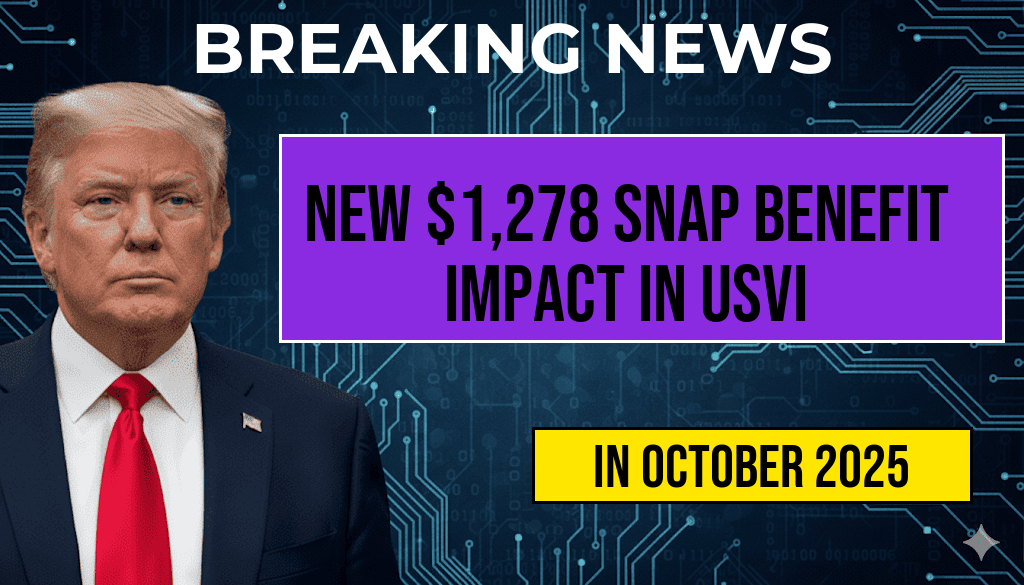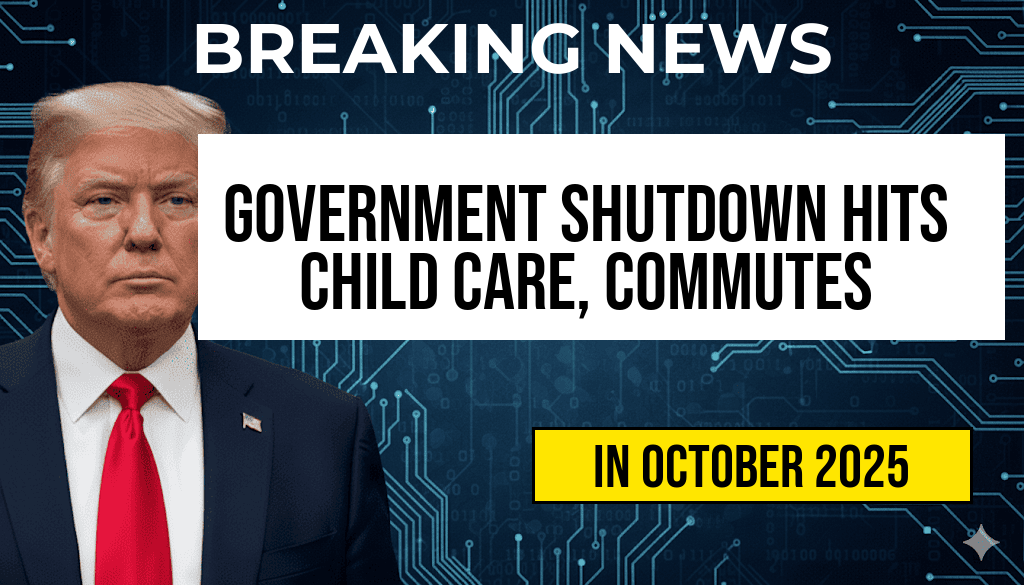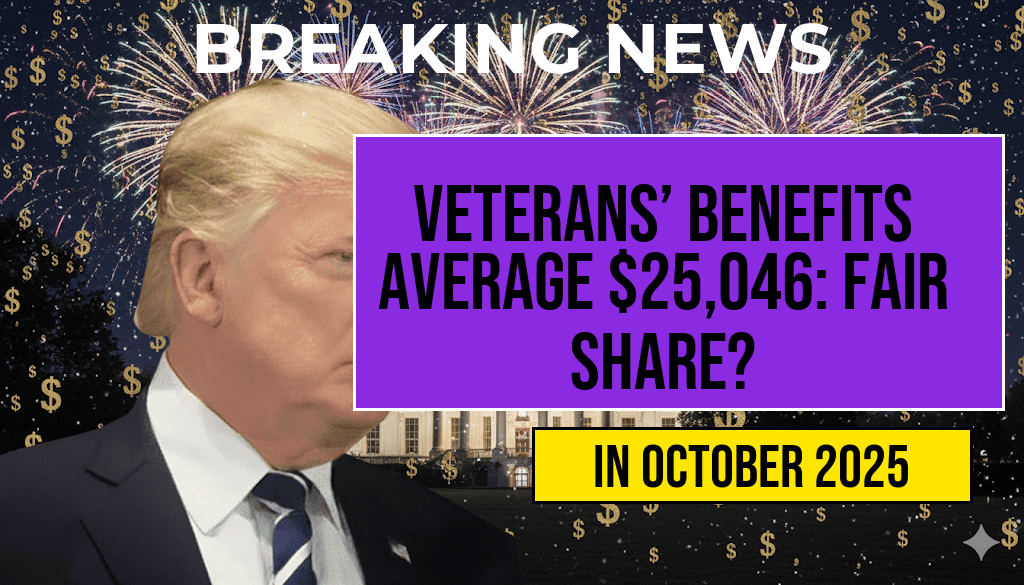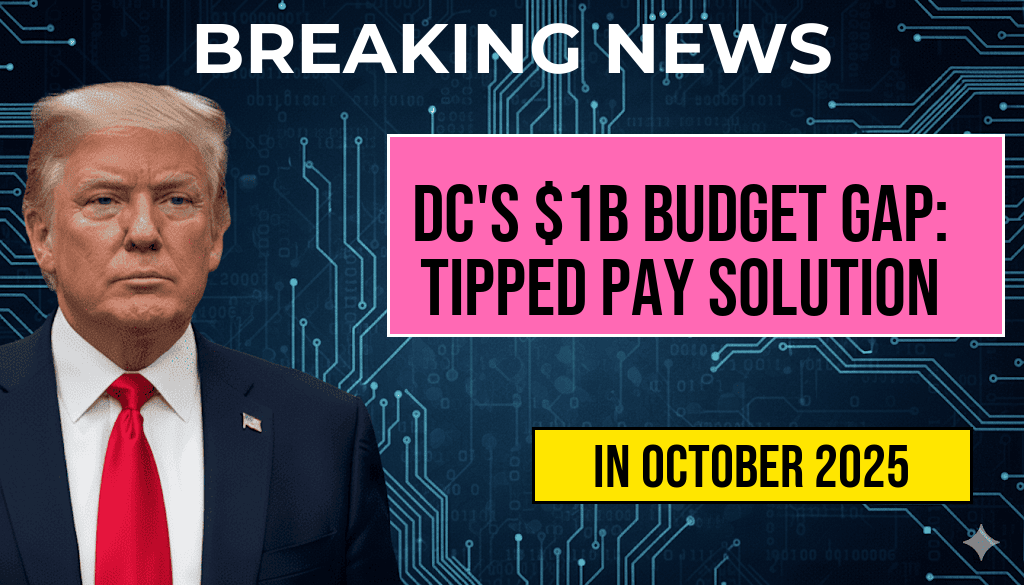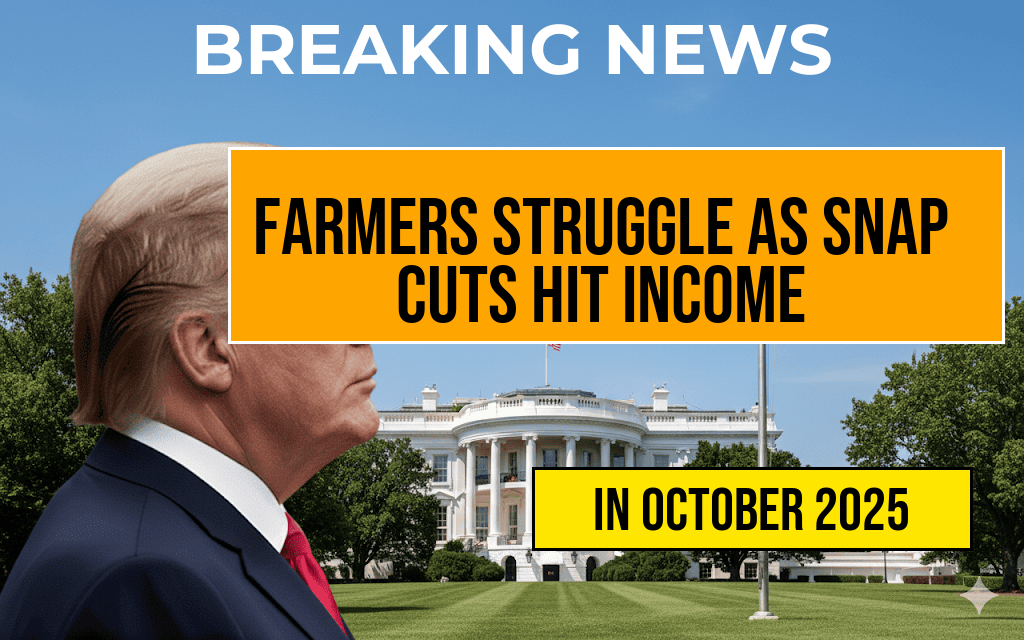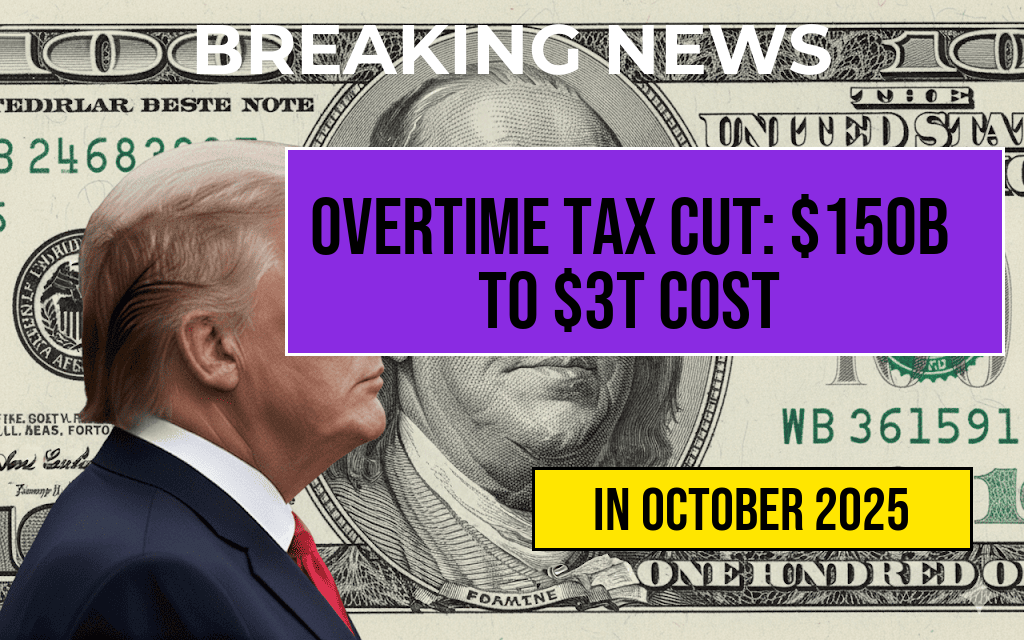Washington, D.C. is grappling with a staggering $1 billion budget gap for the upcoming fiscal year, prompting local lawmakers to propose a controversial reversal of the city’s tip credit policy as a potential remedy. The tip credit, which allows employers to pay tipped workers as little as $10 per hour, has come under scrutiny as officials explore ways to bolster the budget amidst rising economic challenges. This reversal could significantly impact the livelihoods of many service industry workers who rely on tips to supplement their income. As discussions unfold, stakeholders across the city are weighing the implications of such a policy change on the labor market, local businesses, and the broader economy.
Understanding the Budget Gap
The projected budget deficit of $1 billion arises from a combination of factors, including decreased tax revenue and increased spending commitments. The pandemic’s lingering effects on the economy, inflation, and ongoing public health expenses have strained city finances, leading to urgent calls for reform. Mayor Muriel Bowser has indicated that addressing this gap is a top priority, stating that “we must find solutions that are fair and equitable for all residents.”
What is the Tip Credit?
The tip credit system allows employers in the District to pay tipped employees a base wage lower than the standard minimum wage, provided that tips make up the difference. Currently, the hourly wage for tipped workers is set at $10, with the expectation that tips will raise their earnings to the standard minimum wage of $16.10. Critics argue that this system creates disparities in income and can lead to unstable earnings for workers dependent on variable customer gratuities.
Potential Impact of Reversing the Tip Credit
Proponents of reversing the tip credit argue that eliminating this practice could ensure a more stable income for workers. However, there are concerns about the potential downsides:
- Increased Labor Costs: Businesses may face higher payroll expenses, potentially leading to increased prices for consumers or a reduction in staff.
- Job Losses: Some industry insiders warn that restaurants and bars might cut jobs or reduce hours to manage increased labor costs, disproportionately affecting entry-level and part-time workers.
- Impact on Service Quality: A shift in wage structure could alter the service dynamics in the hospitality sector, where tips are often tied to customer satisfaction.
Reactions from Stakeholders
Local business owners have expressed mixed feelings about the proposed changes. While some agree that tipped workers deserve a living wage, others worry that the reversal could hinder recovery efforts in an industry already ravaged by the pandemic. “We want to support our staff, but we also need to keep our doors open,” said Jamie Lee, owner of a popular D.C. restaurant.
On the other hand, labor advocates are pushing for the policy change. They argue that tipping systems can perpetuate inequities and that all workers should receive a fair wage that does not rely on customer generosity. “This is about dignity and respect for all workers,” stated Maria Gonzalez, a representative from a local labor union.
Comparative Analysis: Tip Credit vs. Living Wage
| Aspect | Tip Credit | Living Wage |
|---|---|---|
| Base Pay | $10 per hour | Minimum wage of $16.10 per hour |
| Income Stability | Variable based on tips | Consistent income |
| Impact on Employers | Lower immediate costs | Higher payroll expenses |
| Worker Earnings | Highly variable | More predictable |
Looking Ahead
The D.C. Council is set to hold a series of hearings to discuss the proposed changes and their potential ramifications. As officials deliberate, the urgency to address the budget gap will likely drive the conversation around worker compensation and rights. The outcome could redefine the economic landscape for thousands of workers in the hospitality sector and shape the future of wage discussions in the District.
For more information on the current state of D.C.’s budget and the implications of the tip credit, visit Wikipedia or read the latest analysis on Forbes.
Frequently Asked Questions
What is the current budget gap facing Washington, D.C.?
Washington, D.C. is currently facing a $1 billion budget gap that has prompted discussions on various solutions to address the financial shortfall.
What is the proposed solution to the budget gap?
A proposed solution to the budget gap includes a tip-credit reversal, which would impact how tipped employees are compensated, specifically affecting the $10 tipped base pay.
How would the tip-credit reversal affect tipped workers?
The tip-credit reversal would potentially increase the base pay for tipped workers, ensuring they receive a higher guaranteed wage, which may help in covering the budget gap.
What are the implications of changing the tipped base pay?
Changing the tipped base pay could have significant implications for both employers and employees in the hospitality industry, possibly leading to increased labor costs and changes in pricing structures for consumers.
Are there any concerns regarding the tip-credit reversal?
Yes, there are concerns that the tip-credit reversal could lead to job losses or reduced hours for tipped employees, as businesses adjust to the increased wage requirements.

